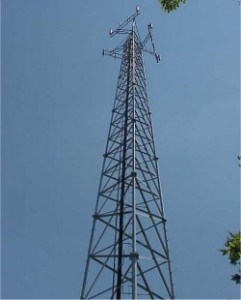![]() Did you know privately-run cable companies can get public tax subsidies, grants, and even loans at favorable interest rates? When opponents of community broadband complain government-funded broadband competes against the private sector, the hidden truth is many “private sector” companies also enjoy benefits at the public’s expense.
Did you know privately-run cable companies can get public tax subsidies, grants, and even loans at favorable interest rates? When opponents of community broadband complain government-funded broadband competes against the private sector, the hidden truth is many “private sector” companies also enjoy benefits at the public’s expense.
Cablevision is the latest example, reports the Star-Ledger. When the company noted its lease for a call center in Newark was set to expire in two years, the Economic Development Authority responded, approving a $37.5 million Urban Transit Hub tax credit for the private cable company.
“Cablevision has a long-standing and important relationship with the state of New Jersey and the city of Newark, and a commitment to local hiring, local jobs and supporting the local economy,” said Cablevision spokesman Jim Maiella. “We are pleased to be investing in a new state-of-the-art call center, larger than our existing facility, closer to mass transit and modernized for our more than 500 Newark employees.”
New Jersey is currently mired in a major budget battle, trying to find enough revenue to sustain a general tax cut for New Jersey residents.


 Subscribe
Subscribe






